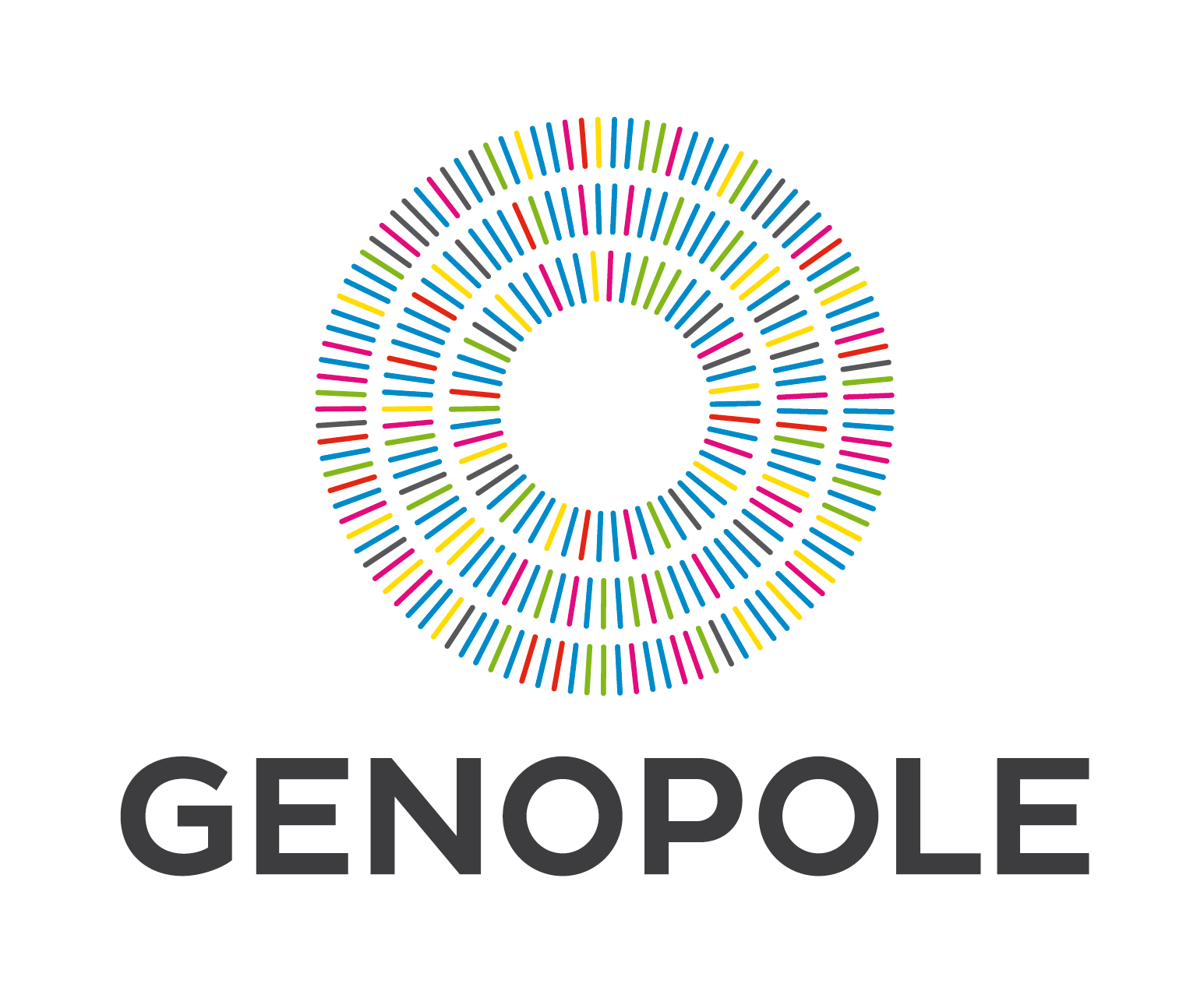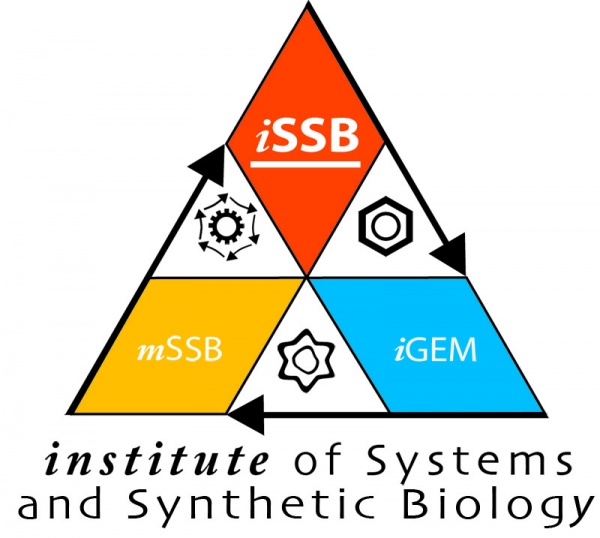Team:Evry/Protein Chelator
From 2013.igem.org
(Difference between revisions)
| Line 4: | Line 4: | ||
| - | <h2>An alternative iron chelator</h2> | + | <h2 id="FbpA">An alternative iron chelator</h2> |
| - | + | ||
| - | + | ||
| - | + | ||
| - | + | ||
| + | <p>At the Regional Jamboree, we discussed with <a ref="https://2013.igem.org/Team:Edinburgh" target=‘_blank'>Edinburgh team</a> which also work on iron chelation but with another chelator: the ferric ion-binding protein A (FbpA). <br/> | ||
| + | This protein from <i>Neisseria gonorrhoeae</i> is able to chelate various ion in solution as Fe<sup><small>3+</sup></small> | ||
| + | , Ti<sup><small>4+</sup></small>,Cu<sup><small>2+</sup></small>, Zr<sup><small>4+</sup></small>(Zirconium ion) | ||
| + | or Hf<sup><small>4+</sup></small> (Hafnium ion).</br> | ||
| + | Its affinity for ferrous iron is 10<sup><small>18</sup></small>, less than our enterobactins system, but it remains a good alternative for our treatment.</p> | ||
<div id="mainTextcontainer"> | <div id="mainTextcontainer"> | ||
Latest revision as of 22:47, 28 October 2013
An alternative iron chelator
At the Regional Jamboree, we discussed with Edinburgh team which also work on iron chelation but with another chelator: the ferric ion-binding protein A (FbpA).
This protein from Neisseria gonorrhoeae is able to chelate various ion in solution as Fe3+
, Ti4+,Cu2+, Zr4+(Zirconium ion)
or Hf4+ (Hafnium ion).
Its affinity for ferrous iron is 1018, less than our enterobactins system, but it remains a good alternative for our treatment.
References:
- Alexeev, D., Zhu, H., Guo, M., Zhong, W., Hunter, D., Yang, W., Campopiano, D. and Sadler, P. (2003) A novel protein-mineral interface. Nature Structural Biology. 10. 297-302.
- Ferreiros, C., Criado, M. and Gomez, J. (1999) The Neisserial 37kDa ferric binding protein (FbpA). Comparative Biochemistry and Physiology Part B. 123. 1-7.
 "
"













